Do you often feel overwhelmed by others’ emotions? Do their emotions suddenly change your mood for no clear reason? If yes, then it is highly likely that you are an empath, a person who is extremely sensitive to the energies and emotions of others. And that’s why you need to know about triggers for empaths.
Today let us focus on understanding emotional triggers for empaths, how empath anxiety triggers can impact your well-being, and what you can do to navigate these triggers in your everyday life.
Who is an empath?
An empath is someone who has high levels of empathy and is attuned to others’ energies and emotions. Empaths often intensely understand and experience the feelings of others as if they were their own. And this can sometimes affect their own mental and emotional health.
While being an empath can feel like a challenge, it can also be a blessing as it allows you access to deeper empathy, compassion, and connections. However, this can also be highly overwhelming, stressful, and emotionally draining.
Empaths are often highly sensitive and have an inherent capacity to catch and absorb the moods, emotions, and energies of people, places and environments, to an intense degree.
Related: Why Certain People Act As A Trauma Trigger For Empaths
Empathy is an important trait and empaths are often drawn towards caregiver jobs and professions where their ability to be understanding, empathic and compassionate are valued.
What are emotional triggers?
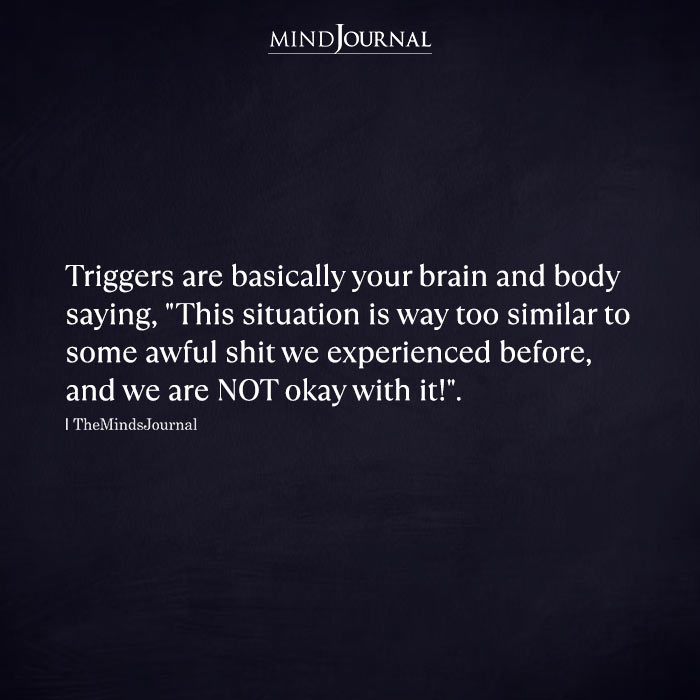
Emotional triggers refer to external stimuli or situations that result in strong emotional reactions in people often due to past experiences and traumas. They can be associated with certain memories, occasions, or patterns in someone’s life and produce intense emotions like fear, sadness, anger or anxiety.
Emotional triggers differ substantially between people and can be based on personal experiences, relationships and sensory inputs. Recognizing and understanding one’s emotional triggers is essential for emotional self-regulation and personal growth because this helps us to better navigate and manage our emotional reactions.
Identifying Major Triggers for Empaths
Triggers for empaths are internal or external stimuli that lead to strong emotions, which cause overwhelming, anxious, or exhausting experiences. These triggers may be subtle or overt and vary from one person to another.
It is essential for empaths to know the common triggers that affect them in order to manage and maintain emotional stability. Here are some of the most common triggers for empaths –
1. External Triggers for Empaths
Wondering what are some external factors that can trigger an empath? External triggers primarily include the following factors –
A. Negative Energy
Empaths have a natural sensitivity towards energy, and negative energy is usually stronger for them. When they are in negative environments or around negative people or even when visiting places where there has been a history of tension, empaths can have strong emotional reactions.
In these situations, they may have sudden mood shifts or have a feeling of drain.
To deal with such triggers, an empath can incorporate cleansing and protection techniques such as smudging using herbs like sage, visualization exercises, and even protective crystals like black tourmaline or obsidian.
B. Display of Intense Emotions
Being an empath, you are often deeply and intensely affected by the emotions displayed by others. They can get negatively affected by quarrels, confrontations, and arguments, whether they are directly involved in it or simply witnessing it.
They may also absorb and mirror emotions if they watch emotional scenes on TV or in movies. Consequently, they may feel extremely anxious, sad, or even mad.
Empaths can manage this by practicing emotional detachment techniques such as grounding exercises or visualizing themselves inside an imaginary bubble that protects and shields them from other peoples’ emotions.
C. Criticism and Judgment
Empaths avoid conflicts because they want to make everyone happy and please others. Hence, if anyone disapproves of them, they may easily become emotionally shattered and devastated.
This results in internalization of the criticism leading to self-doubt, feelings of inadequacy, and shame. Even when such criticism is not directed at them specifically, empaths tend to take it personally.
In order to deal with this trigger, empaths can learn how to improve their self esteem and self compassion. Positive affirmations, self-love, self-acceptance and seeking constructive feedback from people they trust can help them to develop resistance towards external criticism.
Related: How Can Empaths Protect Themselves From Trauma Trigger People?
D. Injustice and Suffering
Empaths feel strongly about helping others, relieving their suffering and promoting equality. Empaths are largely affected by witnessing or hearing incidents of crime, injustice, unfairness, cruelty or pain inflicted on other people. Such events can lead to intense emotions like sadness, anger or hopelessness.
Empaths prefer to use their compassionate nature and empathy and turn them into positive actions to deal with this trigger. They may engage in volunteer work or support causes that they believe in.
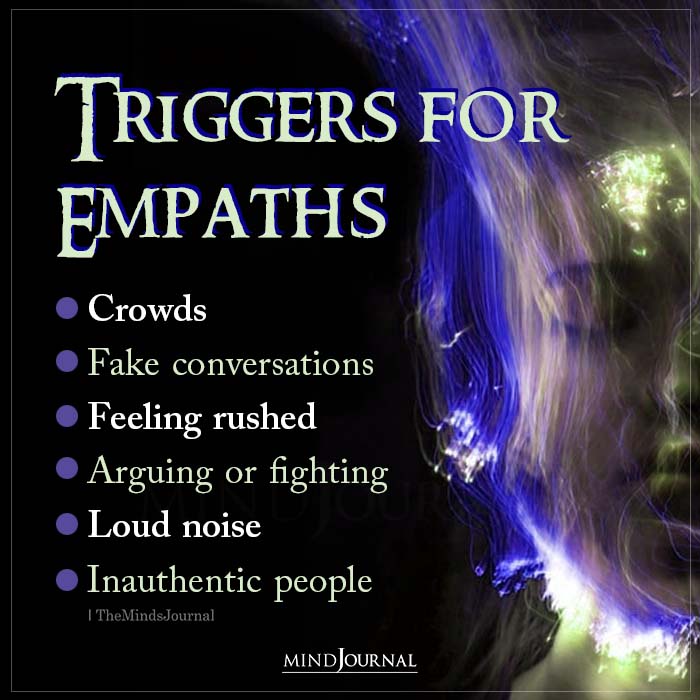
Whenever an empath gets actively involved to bring about change, they tend to feel more powerful than before, relieving the pain associated with watching others suffer.
2. Internal Triggers for Empaths
Just like external triggers for empaths, there are certain internal triggers that we should also be aware of, such as –
A. Self-Criticism
Often, an empath has high levels of self-awareness which can result in self-criticism at times. An empath sets high standards for themselves, always wanting to be perfect and questioning things they do. As a result of such a mindset, an empath experiences anxiety, overwhelming feelings, and self-doubt.
Self-compassion and self-care can empower empaths to handle such triggers. They can change their thinking by being aware of and avoiding negative self-talk and by focusing on their strengths and positive traits.
It is crucial that you practice self-acceptance by engaging in activities like journaling or talking to a therapist.
B. Overwhelming Empathy
Empaths are highly sensitive individuals who are capable of experiencing and absorbing other people’s emotions. While this empathy enables them to form deep connections with others, it may also result in emotional overwhelm.
Thus, empaths may find it hard to distinguish between their own feelings and those of others that they absorb. And this can result in bewilderment, doubt, and loss of personal boundaries.
In order to cope with this trigger, empaths can develop emotional awareness through introspection and mindfulness. Self-awareness will enable them to identify any external influences and distinguish their own emotions easily.
Re-establishing a sense of self requires dedicated time for self-care and reflection.
Related: How To Identify Your Emotional Triggers (Before It’s Too Late)
C. Unresolved Trauma
Triggers related to unresolved trauma may affect empaths more than anything else. Such past traumatic experiences tend to surface when an empath comes across situations that remind them about what they have undergone before.
The empath may be overwhelmed by a rush of intense emotions due to these triggers, resulting in an inability to maintain emotional stability.
To deal with this trigger, empaths should seek professional help through therapy or counseling. Through trained therapists, you can get guidance on how they can process and heal from previous traumas.
Moreover, empaths can resolve their trauma & minimize the impact of triggers through trauma-informed practices like EMDR or somatic therapy.
Effective Coping Strategies for Empaths
While there may be multiple internal and external triggers for empaths, an empath can take certain precautionary steps to avoid such triggers and protect their emotions, energies and mental well-being.
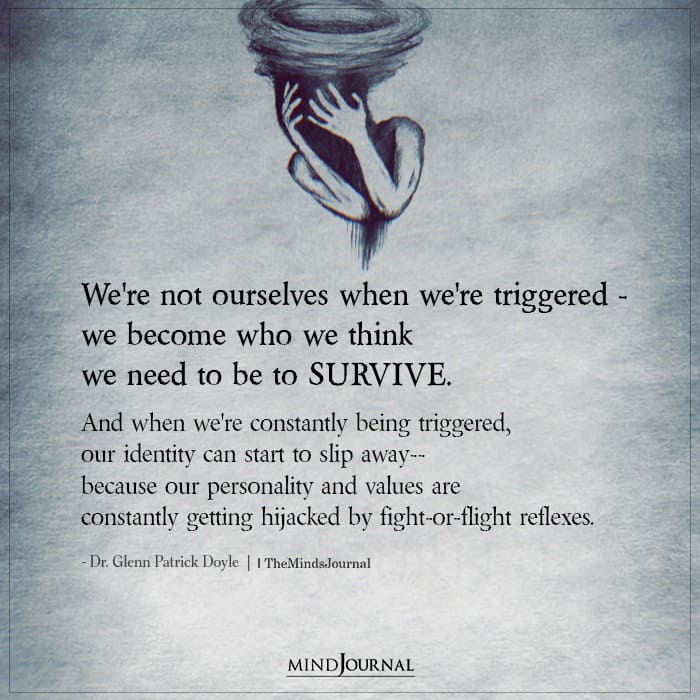
Here are some helpful coping strategies –
1. Self-Care
Making self-care a priority is important for empaths to maintain emotional well-being. Some ways of revitalizing and rejuvenating yourself as an empath is by –
- Spending time in nature
- Practicing meditation and mindfulness exercises
- Pursuing artistic activities
- Engaging in hobbies that are fulfilling
These can help empaths restore their energies and safeguard themselves from triggers.
2. Establishing Boundaries
It is necessary for empaths to have healthy boundaries as a measure of preserving and protecting their emotional well-being. Empaths must learn to refuse and say “no” when needed, limit contact with toxic people, and have a safe space where they can feel nurtured and loved.
Empaths should clearly and strongly establish their borders to ensure their own needs are satisfied and their energies are protected.
3. Emotional Awareness
Understanding one’s own emotions deeply is a crucial task for empaths. Emotional awareness among empaths can be built by engaging in self-reflection, self-awareness, mindfulness practices, and introspection.
It allows them to distinguish between what they feel and what they have picked up from others. Writing in journals and regularly connecting with oneself helps in identifying and dealing with triggers.
Related: How To Deal With Heightened Emotions When You Are An Empath? 5 Tips
4. Energy Protection
Empaths need to protect themselves from toxic people and negative energies. Visualizing a protective bubble of light around them or imagining an energy shield may help to deflect external energies and influences.
Moreover, grounding techniques can help them remain connected and rooted so that there are no intense emotions or emotional breakdowns.
5. Seek Support
Connecting with other individuals with the same experiences can be very helpful for empaths. This is why they should seek support from trusted friends, family members or even support groups.
You may get validation and guidance by sharing experiences with other empaths and people who appreciate your empathy.
You can also find a safe place in different online communities and forums where various coping strategies are discussed among empathetic individuals. This can also help you realize that you’re not alone as you interact with other like-minded people with similar issues and experiences.
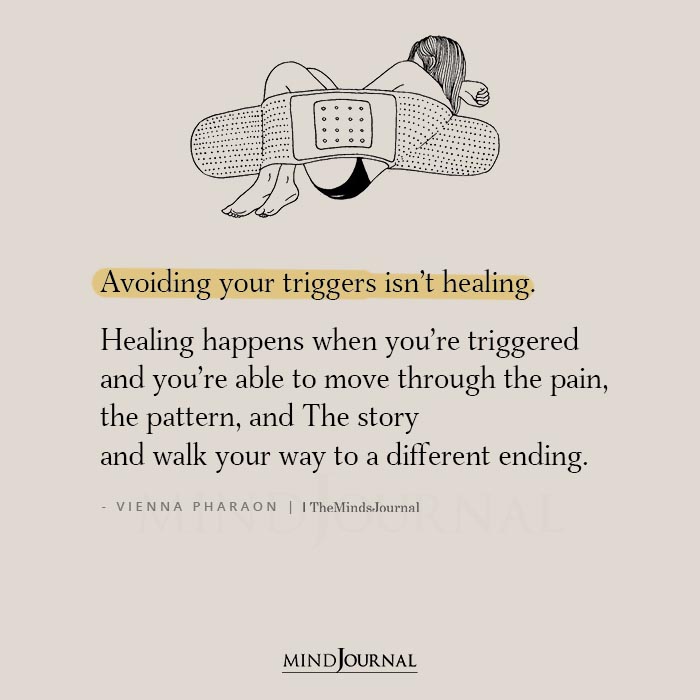
Takeaway
Empathy is a beautiful gift that helps in building deep connections and understanding. However, you need to be aware of the numerous triggers that can cause emotional overwhelm. By identifying what makes empaths react, we can learn to handle emotions with more ease.
Remember things like self-care, setting boundaries, cultivating emotional intelligence, protecting your energy, and seeking help are vital for anyone who walks this path as an empath.
When you know how to deal with your triggers and emotions, you can walk the path of an empath maintaining inner peace and stability in your life.
Related: 5 Techniques To Heal Your Emotional Triggers
Frequently Asked Questions (FAQs):
What drains an empath?
Empaths feel drained by negative energy, which depletes their emotional health and leaves them exhausted from absorbing others’ feelings.
What annoys an empath?
An empath can be annoyed by inauthenticity, emotional vampires, and insensitivity, which can disrupt their emotional equilibrium & cause discomfort.
What is an empathy trigger?
An empathy trigger is a situation or stimulus that activates heightened emotional responses, often overwhelming an empath with intense feelings.




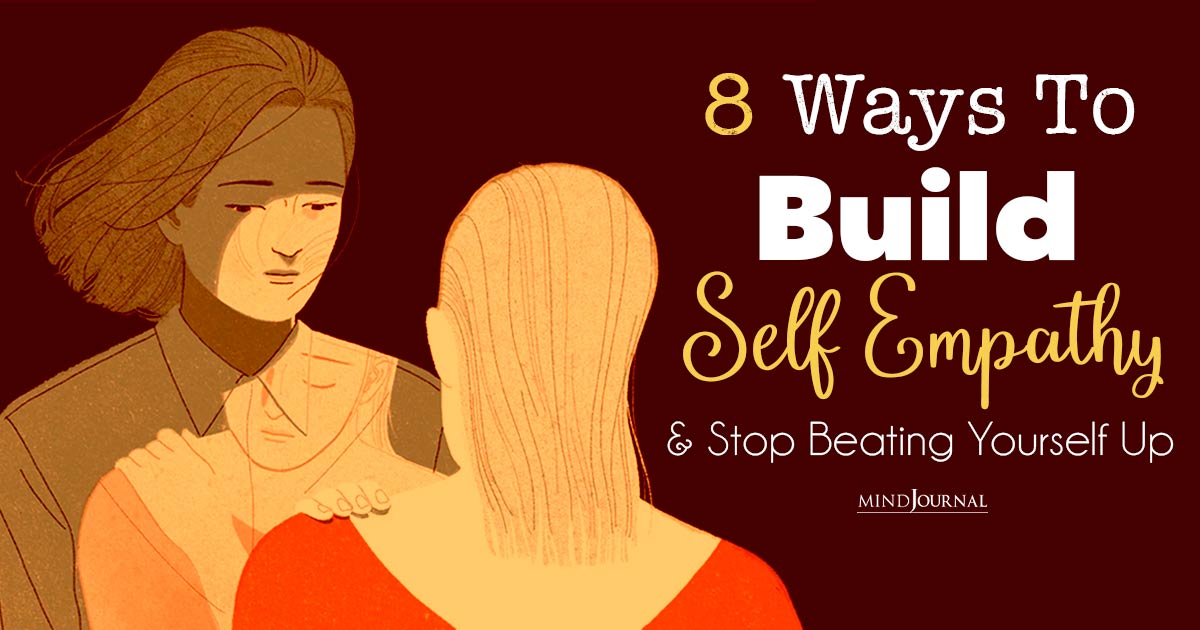

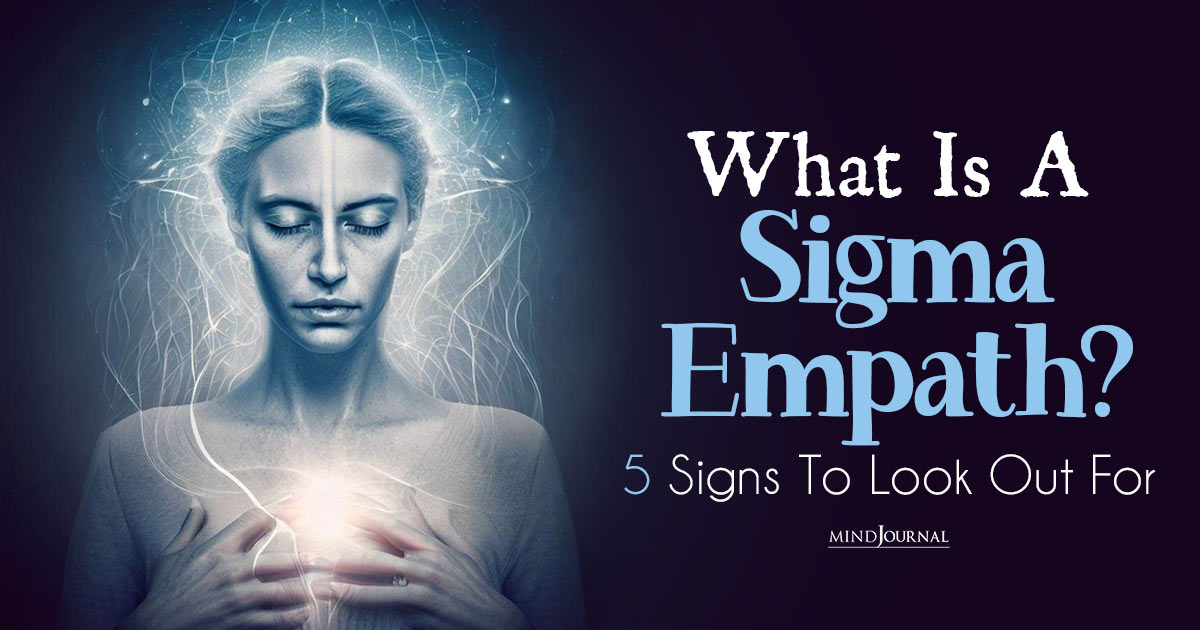

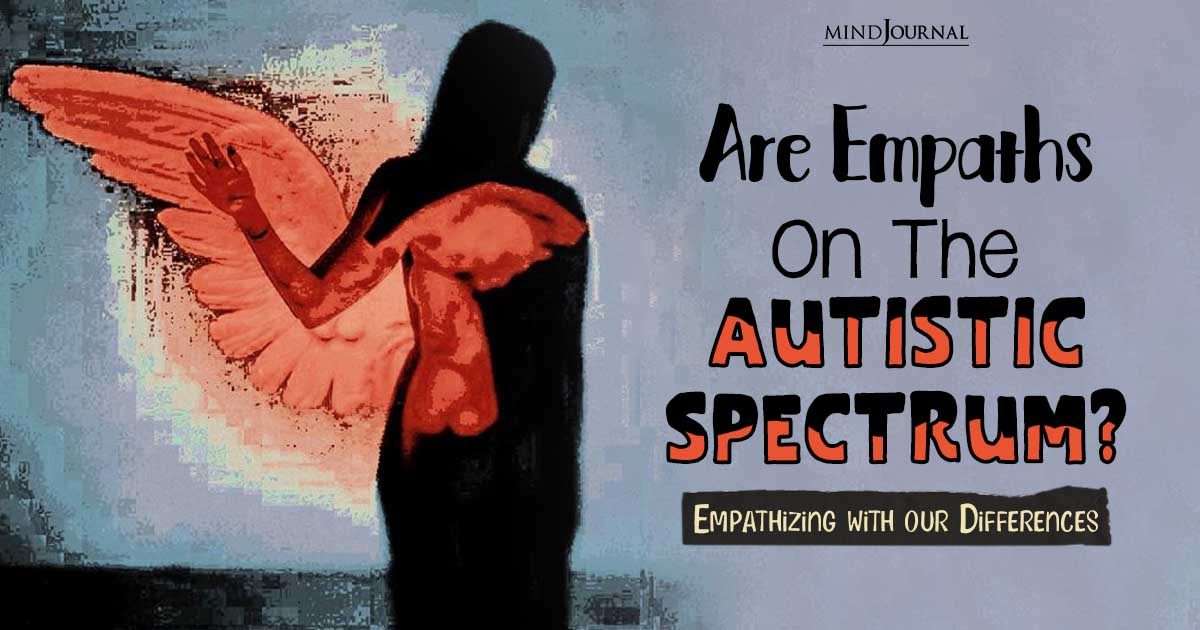
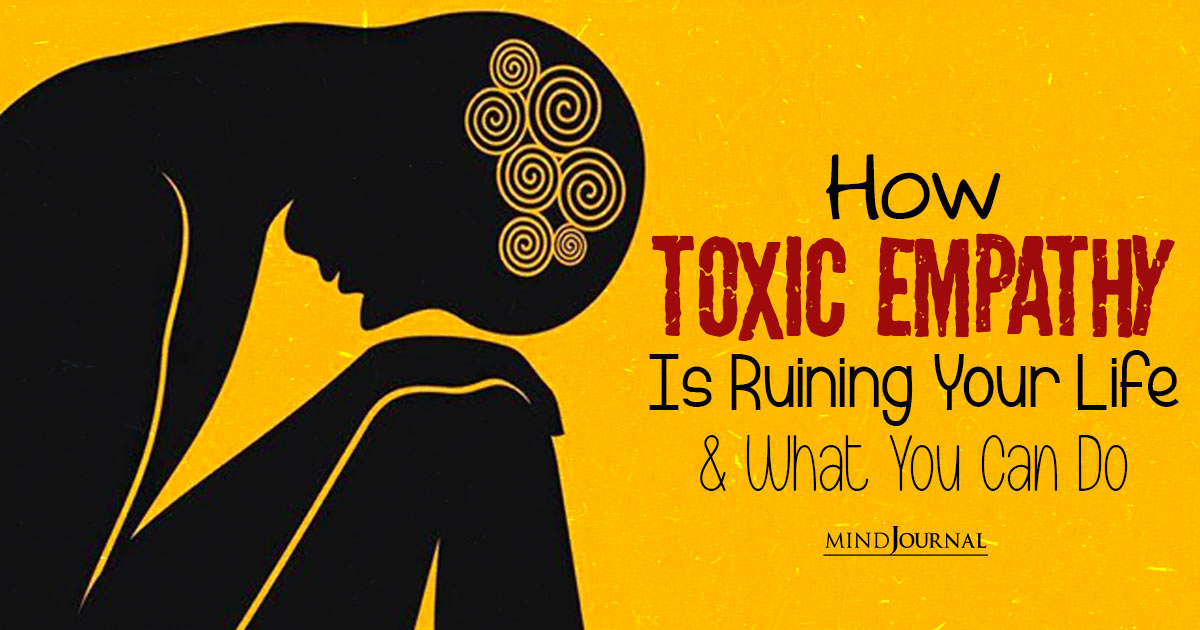
Leave a Reply